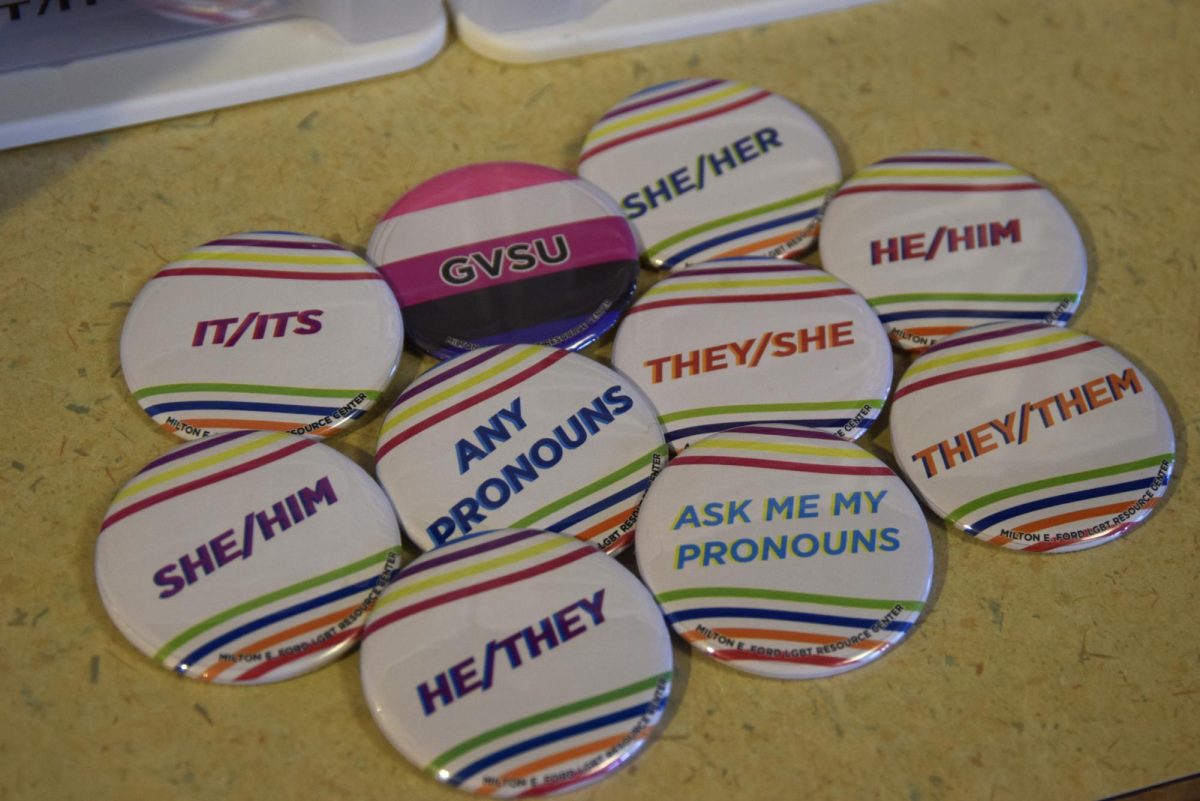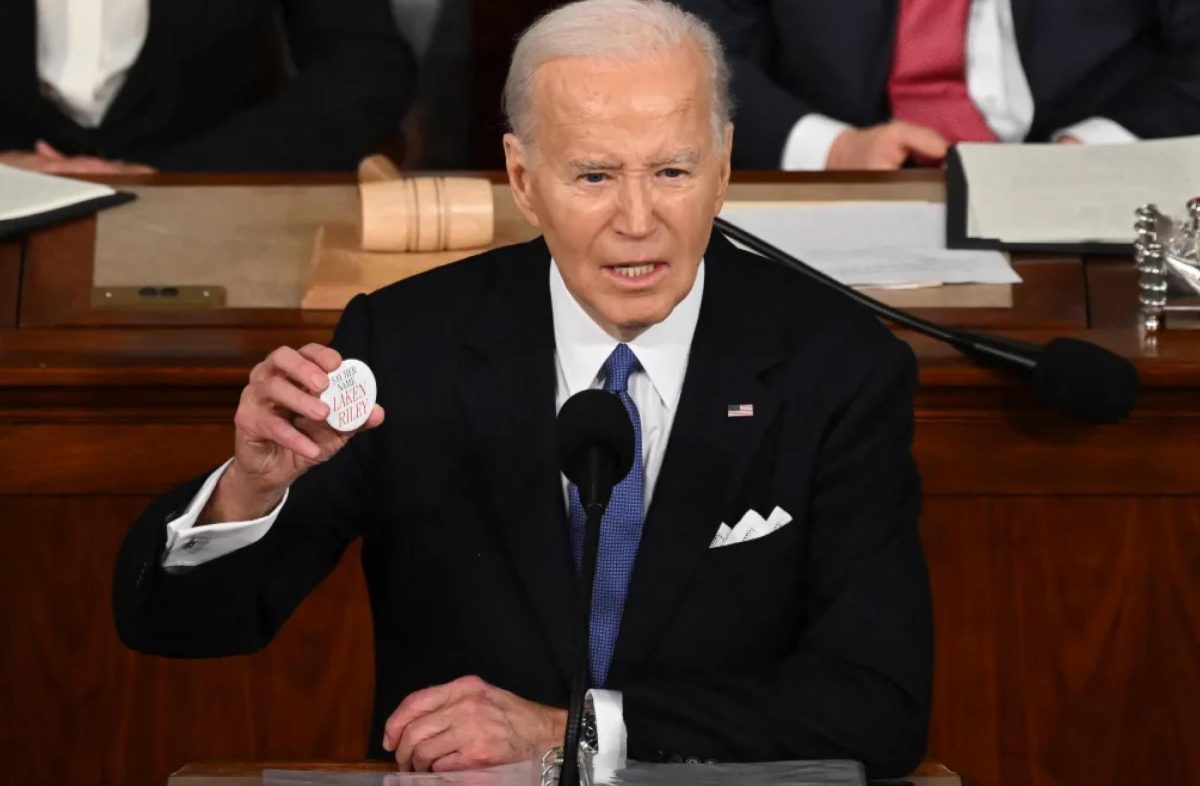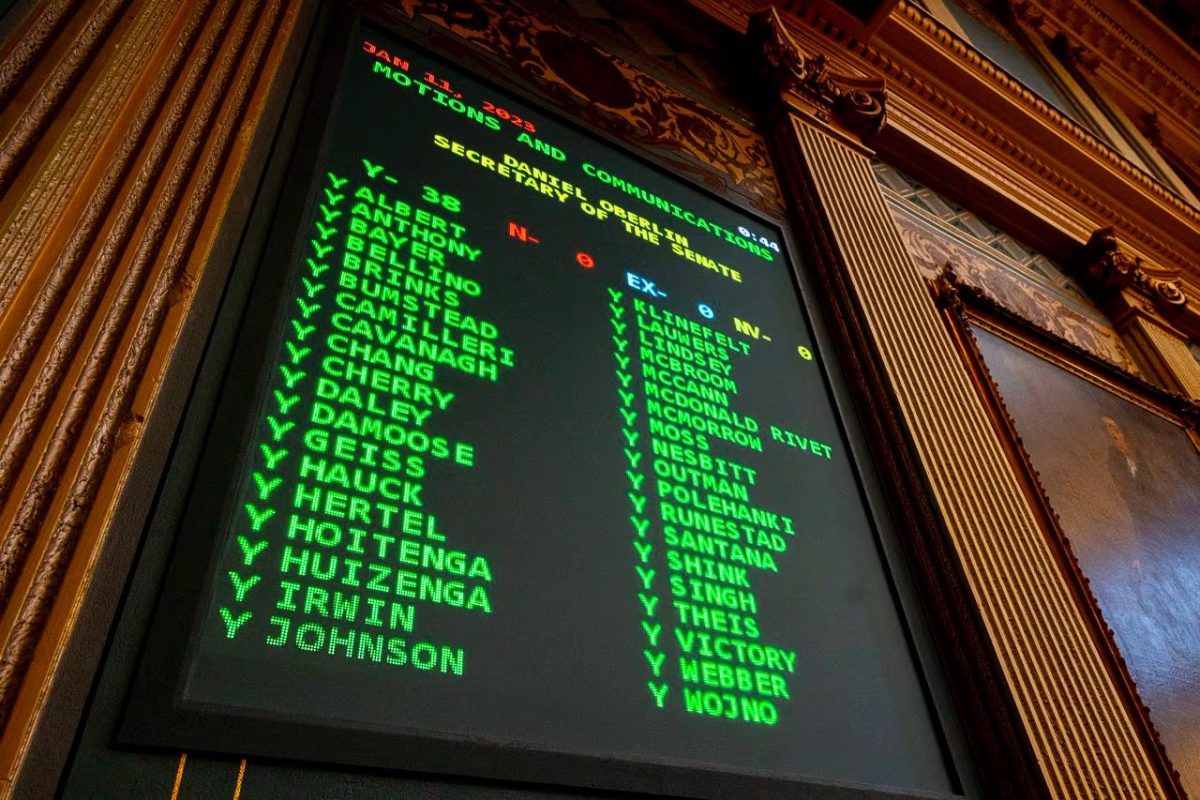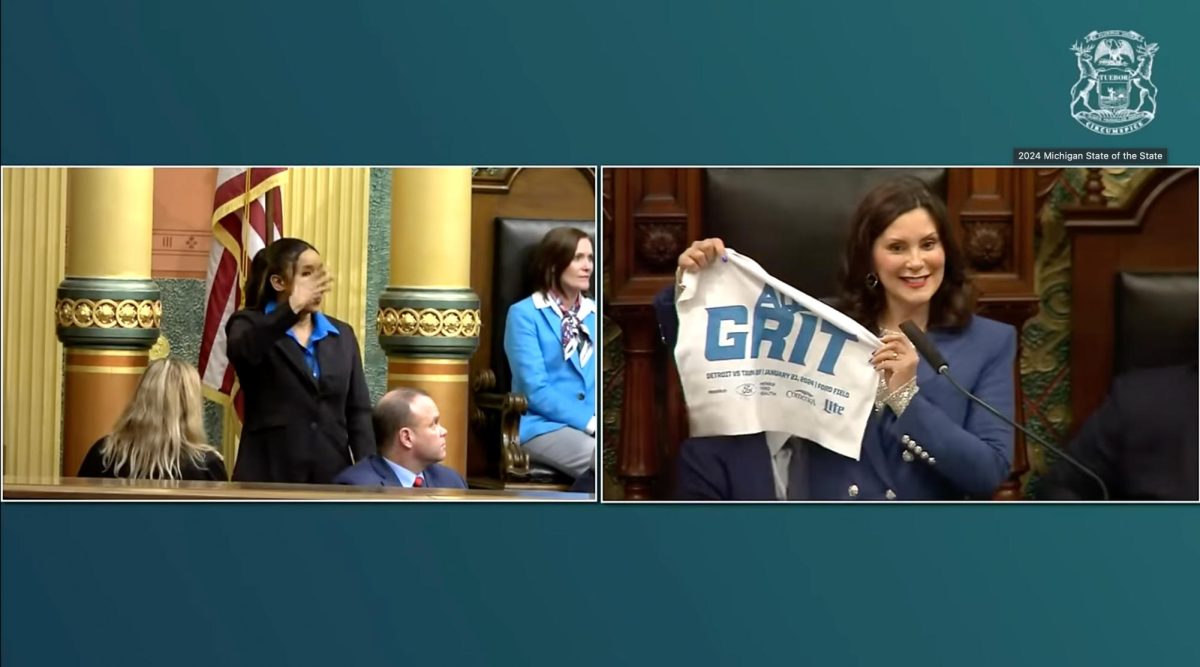The Michigan Supreme Court has amended Michigan Court Rule 1.109, requiring all parties involved in Michigan court cases to use an individual’s preferred pronouns when addressing them. The order makes Michigan the first state to take progressive action toward the use of pronouns and is set to take effect on Jan. 1, 2024.
Courts must use “the individual’s name, the designated salutation or personal pronouns or other respectful means that is not inconsistent with the individual’s designated salutation or personal pronouns when addressing, referring to or identifying the party or attorney, either orally or in writing” as specified in the order.
Any judge or party not withholding the new addendum could raise “delicate questions about judicial impartiality” and further imply that irresponsible conduct by judges erodes public confidence, as stated in the order. Failure to adhere to an individual’s expressed identifying pronouns, or addressing that individual in another manner that is still considered respectful, would violate the Code of Judicial Conduct, Canon 2(B), a state equivalent of Canon 2(A) of the federal Code of Conduct for United States Judges.
Furthermore, any judge found to be prejudiced or that can be proven to have a serious risk of actual bias would be grounds for disqualification, and deemed in violation of Rule 2.003 (C1A and B) of Michigan Court Rules Chapter 2, Civil Procedure.
The new rule was passed in a 5-2 vote on Sept. 27, with Chief Justice Elizabeth Clement and Justices Richard Bernstein, Megan Cavanaugh, Elizabeth Welch and Kyra Bolden expressing their support.
“In order to be fair and impartial, courts, as the face of the third branch of government, must conduct business in a way that does not give the appearance of misgendering individuals, intentionally or otherwise,” Welch writes in the order. “A primary goal of this change is to ensure that the judiciary operates in a manner that is objectively respectful of the individual identity and personal pronouns of the members of the public that we serve, regardless of the subjective viewpoints of individuals working within the court system.”
This update is in concordance with the Hate Crimes Bill, House Bill 4474, passed by the Michigan House of Representatives in July. The bill was formed in an attempt to outline what constitutes a hate crime in Michigan and the punishments that should proceed with such crimes. However, nowhere in the bill does it explicitly state the misuse of pronouns as a crime. Although misgendering individuals could be considered rude, it is far from a prosecutable offense.
The new order plainly states the court may use “other means of respectful address,” such as referring to an individual by last name or party designation (i.e. “plaintiff”), and does not require judges to use a pronoun.
“What this amendment does is require judges who are provided with pronouns identified by a party or attorney to refrain from using non-designated pronouns when using pronouns to refer to those individuals during legal proceedings,” Justice Bolden said in concurrence with the amendment, citing the conclusion of federal case Garrett v. Ceballos. “Judges must also accept limits on their freedoms as part of their privilege to serve on the bench, for the betterment of the courts, and to uphold other policies.”
Carrie Buist, Associate Professor of Criminology, Criminal Justice and Legal Studies at Grand Valley State University said the order helps to better demonstrate a further commitment to justice in the legal system.
“Language is constantly changing, and our institutions must reflect that change, especially if those institutions are supposed to be rooted in the concept of justice,” Buist said. “Regardless of personal opinion, our criminal legal system must represent everyone.”
Though many people showed support for the pronoun policy, the change was not entirely well received. Some people claim the amendment forces the court to take sides in what dissenting Michigan Supreme Court Justice Brian Zahra called a “social debate.”
“Some believe that the use of preferred pronouns is simply a matter of courtesy and that those who oppose it are stubborn, perhaps even bigoted. Others, however, believe they should not be compelled, especially under oath and or in conflict with their deeply held religious beliefs, to affirm a person’s preferred pronouns that are inconsistent with the biological gender on that person’s birth certificate. All told, this is a fluid political debate into which our judicial branch of state government should not wade, let alone dive headfirst and claim to have resolved,” Zahra wrote in the court documents.
Michigan is the first state to formally require constituents in judicial and legal fields to use preferred pronouns. This significant milestone could have a monumental impact on promoting inclusivity for all individuals.
“Changes such as this can facilitate and foster inclusion for marginalized populations who often have a history of injustice in the system,” Buist said. “Speaking to the issue of names and pronouns in general, transgender folks experience disproportionately high rates of suicide and suicide ideation, depression and more– research continues to show us that using one’s preferred names and pronouns quite literally saves lives.”





























